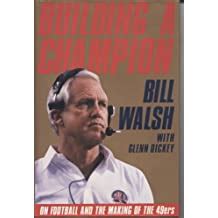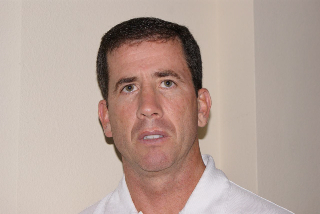A Quote by Neil Warnock
But referees have to remember there is a reason managers are being nice to them - we're hoping that it just might make the difference when there is a borderline decision.
Quote Topics
Related Quotes
The biographies of the great men see their excesses as signs of their greatness. But Jean Rhys, in her biography, is read as borderline; Anaïs Nin is borderline; Djuna is borderline; etc. etc. Borderline personality disorder being an overwhelmingly gendered diagnosis. I write in Heroines: “The charges of borderline personality disorder are the same charges against girls writing literature, I realize - too emotional, too impulsive, no boundaries."
Managers are already voracious consumers of theory. Every time they make a decision or take action, it's based on some theory that leads them to believe that action will lead to the right result. The problem is, most managers aren't aware of the theories they're using, and they often use the wrong theories for the situation.
There's a difference between being ignorant and being stupid... For me, an ignorant person is someone who makes the wrong decision or a bad choice because he or she does not have the proper facts. If you give that person the facts and the proper information you have alleviated that ignorance, and they make the right decision.
What if all I'd ever known was how it had been for the past three years - me being an unwanted outsider in my own family? I might have turned out like Aphrodite, and I might still be letting my parents control me because I was hoping desperately that I would be good enough, make them proud, so that some day they would really love me.



































